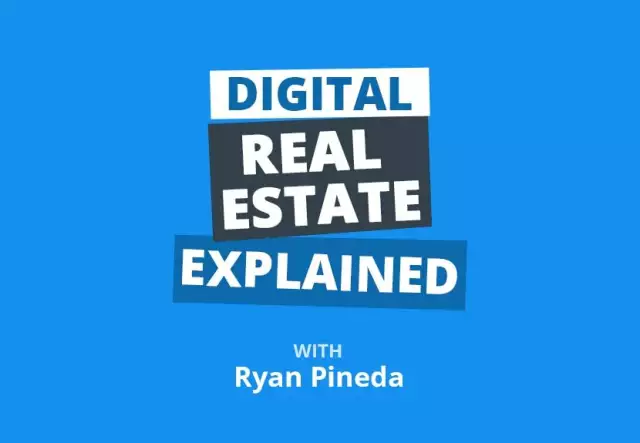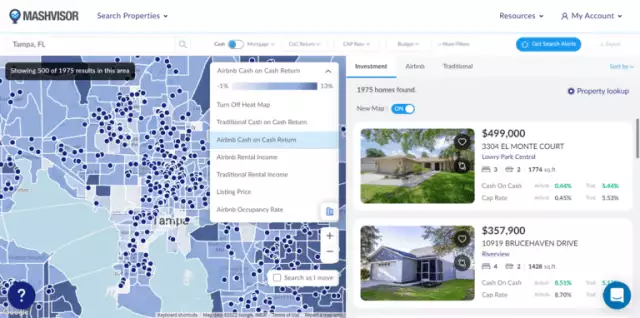Can You Truly Own Anything in the Metaverse?
In 2021, an investment firm bought 2,000 acres of real estate for about US$4 million. Normally this would not make headlines, but in this case the land was virtual. It existed only in a metaverse platform called The Sandbox. By buying 792 non-fungible tokens on the Ethereum blockchain, the firm then owned the equivalent of 1,200 city blocks.
But did it? It turns out that legal ownership in the metaverse is not that simple.
The prevailing but legally problematic narrative among crypto enthusiasts is that NFTs allow true ownership of digital items in the metaverse for two reasons: decentralization and interoperability. These two technological features have led some to claim that tokens provide indisputable proof of ownership, which can be used across various metaverse apps, environments and games. Because of this decentralization, some also claim that buying and selling virtual items can be done on the blockchain itself for whatever price you want, without any person or any company’s permission.
Despite these claims, the legal status of virtual “owners” is significantly more complicated. In fact, the current ownership of metaverse assets is not governed by property law at all, but rather by contract law. As a legal scholar who studies property law, tech policy and legal ownership, I believe that what many companies are calling “ownership” in the metaverse is not the same as ownership in the physical world, and consumers are at risk of being swindled.
Purchasing in the metaverse
When you buy an item in the metaverse, your purchase is recorded in a
The post Can You Truly Own Anything in the Metaverse? appeared first on Propmodo.








